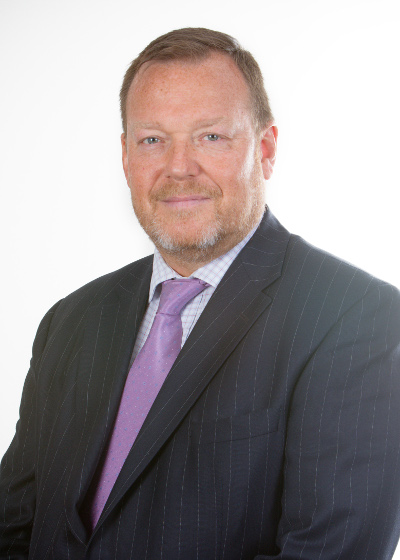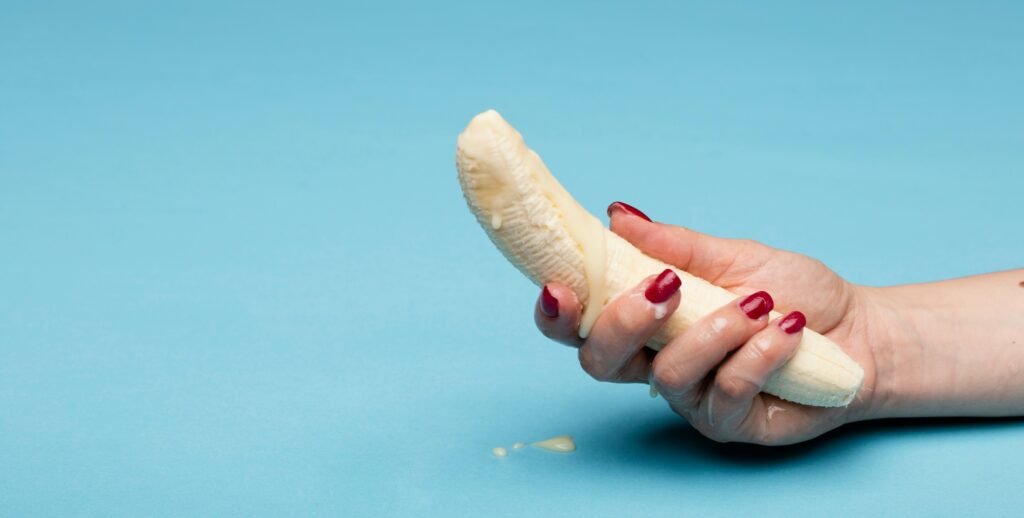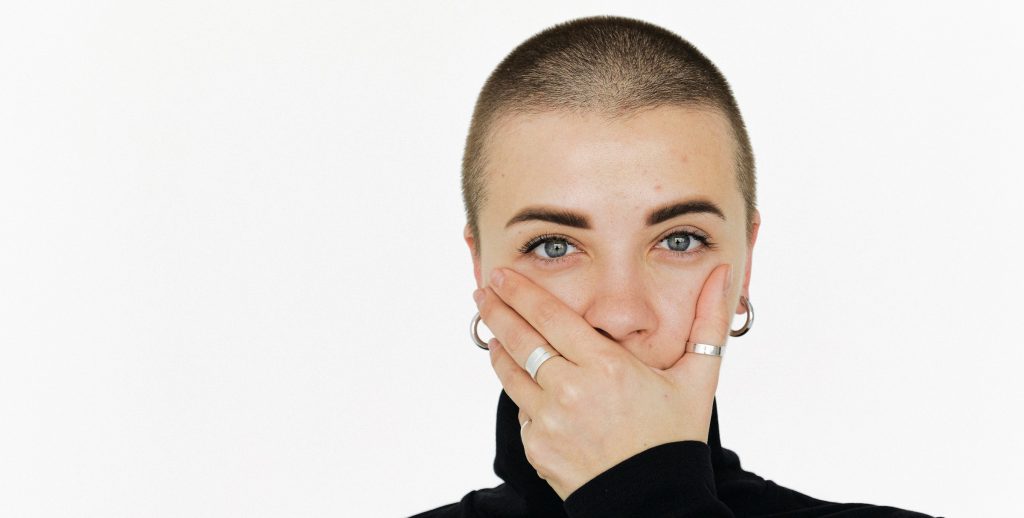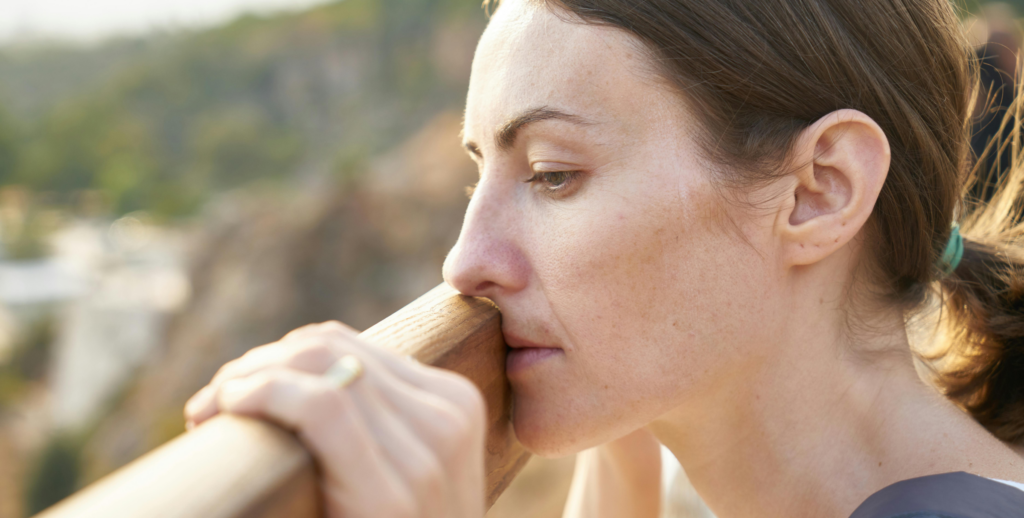The University of Queensland is leading a project aimed at expanding and improving surveillance infrastructure for Indigenous primary health care. The project, having received a $2 million grant, focuses on preventing sexually transmitted infections (STIs) and blood-borne viruses (BBVs) in Indigenous communities.
The project intends to expand and improve the Aboriginal and Torres Straits Islander Sexual Health Surveillance Network (ATLAS). It aims to grow the size of the network to include more primary health care services and extend its focus to other preventable infectious diseases.
What is ATLAS?
ATLAS is a national online surveillance network that tracks and analyses patterns of BBV and STI testing and treatments to evaluate intentions and advise policy. ATLAS continuously uses data to improve the quality of their initiatives for its client population.
How do STIs and BBVs impact Indigenous communities?
STIs such as Chlamydia, Gonorrhoea and Syphilis, and BBVs such as HIV, are common among many Aboriginal communities. STIs and BBVs are the most common conditions which affect Aboriginal people aged 15-24 and are endemic within many remote communities throughout Australia.
Though often easily diagnosed and treated, untreated STIs and BBVs can have reproductive health consequences such as infertility, miscarriage and stillbirth. STIs and BBVs can also cause long-lasting health damage such as liver disease and even cancer.
Purpose of the project
The project aims to improve patient care and support clinicians through closing gaps in data reporting and expanding services. The project will also offer data science traineeships to members of the Indigenous community to ensure that health data is controlled by the community.
Speak to Better2Know in confidence
Are you thinking about getting tested for STIs or BBVs? Better2Know can arrange an appointment for confidential testing at a clinic near you. If you have any questions regarding sexual health, contact Better2Know by phone or using our 24/7 live web chat. Our highly trained sexual health advisors will be more than happy to help you gain peace of mind surrounding your sexual health.
Sources
[1] UQ.EDU.AU: Disease ‘surveillance network’ to improve Indigenous health care
[2] HEALTH.GOV.AU: $12.9 million for new research to improve primary health care
[3] CRE-ASH.ORG.AU: ATLAS





